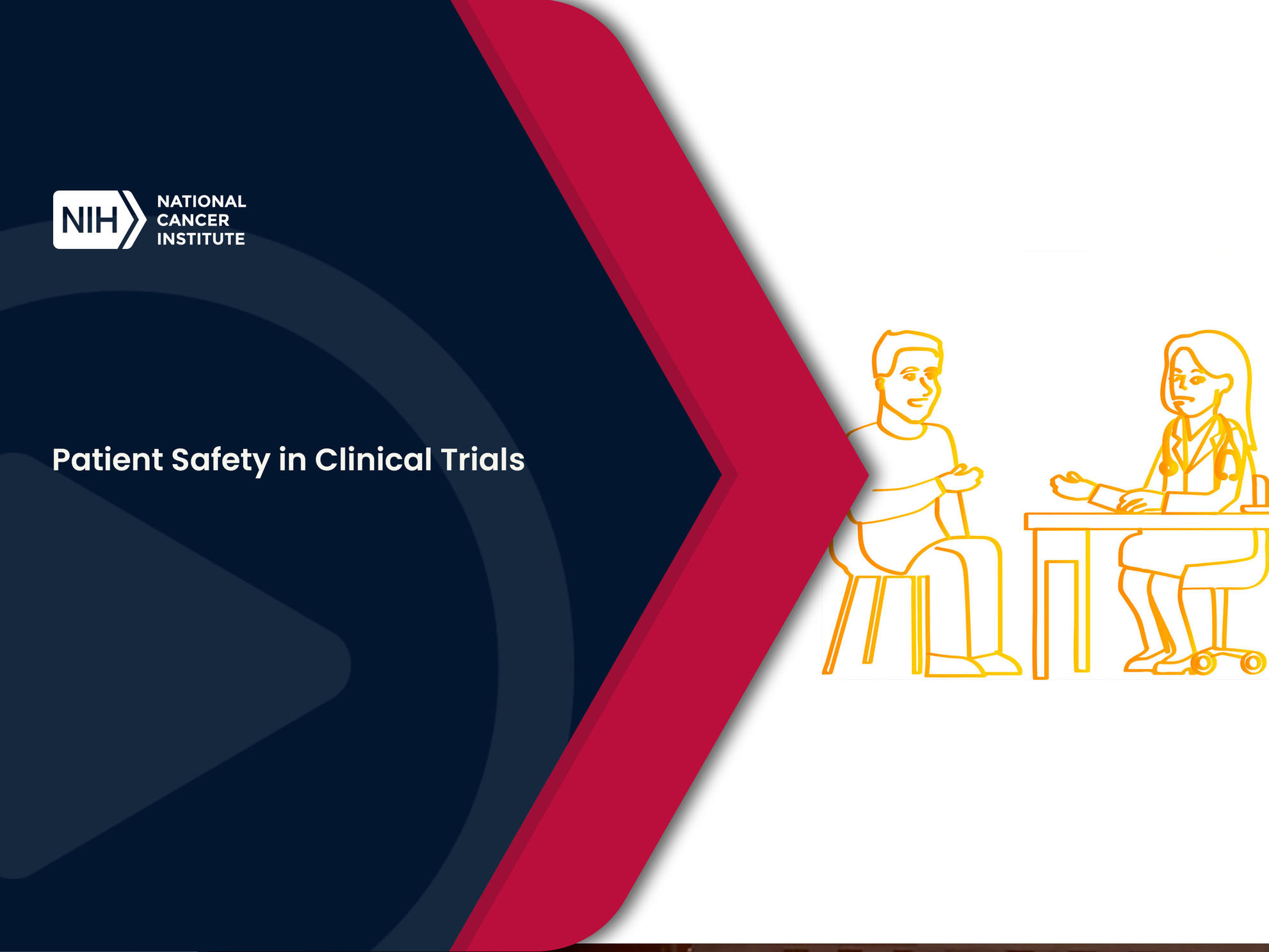Informed Consent in Clinical Trials
Informed consent is an essential process through which the research team explains the trial to you before you decide whether to take part.
The research team explains the trial’s purpose, procedures, and possible risks and benefits. You have the right to ask questions and learn about all that is involved in the trial, including all your treatment options, details about treatment, tests, and possible risks and benefits.
They will also discuss other rights, including your rights to decide to take part in and to leave the study at any time. You have the right to both hear and read the information in language you can understand.
After discussing the study with you, the research team will give you an informed consent form to read. The form includes written details about the information that was discussed with you and describes the privacy of your medical records. If you agree to take part in the study, you sign the form.
Read more about the form and view an example to help you prepare for joining a trial or study.
But even after you sign the consent form, you can leave the study at any time. You can always ask questions. And as new information becomes available, the research team will inform you.
Children’s Assent
Children are not able to give informed consent until they turn 18.
So, before taking part in a clinical trial, they are asked for their assent. Assent means that they agree to take part. They may also dissent, which means they do not agree. Unlike informed consent, assent is not always required by law, although institutional review boards (IRBs) may require it.
To take part in the assent process, your child must be mature enough to understand the trial and what they are required to do. Some children as young as 7 years old may be able to take part in the assent process. But this age varies depending on the child and the group running the trial.
As with the informed consent process, the assent process is meant to be an ongoing conversation between your child, your family, and the research team. This team may include doctors, nurses, social workers, and other health care providers.
During the assent process:
- The research team explains the trial to you. They will explain how the treatment in the trial differs from usual care. They will make sure you understand what will happen in the trial, and possible side effects, risks, and benefits.
- You give informed permission for your child to join the clinical trial.
- The research team explains the trial to your child in language they can understand, including what it means to take part and what they can expect.
- The research team may use written forms, videos, graphics, and other visual aids to help explain the trial to your child.
- Your child is encouraged to talk with your family and ask questions of the research team.
It may take several sessions before the research team feels that your child has a clear understanding of what the trial involves. At that point, your child is asked to show assent or dissent.
Both parents need to give permission. Usually, both parents will need to give permission for your child to take part in the trial, unless one parent
- has died
- is unknown
- is incompetent
- is not reasonably available
- has sole legal custody of the child
When Assent is not Required
Assent must be obtained from your child unless:
- your child is not capable of assenting
- your child might benefit from the treatment or procedure being studied in the trial
- the treatment or procedure that may benefit your child is only available in clinical trials
Even if assent is not required, your child will still benefit from going through the assent process. Doing so can help them feel more in control and engaged in the trial. It shows that they have a say in what happens to them and that their questions and input are valued.
Institutional Review Boards (IRBs)
IRBs review clinical trial protocols before clinical trials can accept patients. They check to see that the trial is well-designed, legal, and ethical; does not involve unneeded risks; and includes a safety plan for patients.
IRBs review clinical trial protocols yearly. They can change the protocol—or even stop the trial—if necessary to protect the safety of people enrolled.
Federal rules require that each IRB has at least five people, including:
- one scientist
- one person who is not a scientist
- one person who is not connected to, or not related to someone who is connected to, the site where the trial is taking place
Other members might include doctors, nurses, social workers, chaplains, patient advocates, and other health care or community professionals.
Data and Safety Monitoring Boards (DSMBs)
Some clinical trials—especially phase 3—use a data and safety monitoring board (DSMB). Like IRBs, these boards review the progress of a clinical trial and monitor the safety of those taking part in the trial. They also review data on the effectiveness of the trial interventions.
A DSMB is an independent group of doctors, statisticians, and others who are experts in clinical research and clinical trials. They ensure that trial data are complete. They can stop a trial early if safety concerns come up or if the main research question is answered earlier than expected. Stopping a trial early because the main research question has been answered may make it possible for people who are not in the trial to access an effective intervention sooner.
Office for Human Research Protections (OHRP)
OHRP protects people who take part in research and provides leadership for many federal agencies that carry out research involving people.
OHRP enforces important regulations for patient protection in clinical trials, called the Common Rule. These regulations set standards about:
- the informed consent process
- IRB formation and function
- the involvement of prisoners, children, and other vulnerable groups in research
Food and Drug Administration (FDA)
FDA protects people and ensures integrity of data from trials. They can remove researchers who do not follow safety rules. FDA approves new drugs before they can be sold to prevent fraud, ensure the drugs work as they should, and make sure drug’s health benefits outweigh their risks.
Ending Cancer Clinical Trials Early
Most clinical trials run as planned from beginning to end. But sometimes trials are stopped early. For example, the IRB or DSMB may stop a trial if the people taking part are having unexpected and severe side effects.
In some cases, a trial might be stopped because:
- There is clear evidence early on that a new treatment or intervention is effective. Then the trial may be stopped so that others can access the new treatment as soon as possible.
- There is clear evidence that the new treatment or intervention is not effective. In this case the trial may be stopped to spare the people on the trial from a treatment that is causing more harm than benefit.
- Enough people cannot be enrolled the results of other trials have been published that answer the research question or make it irrelevant.

